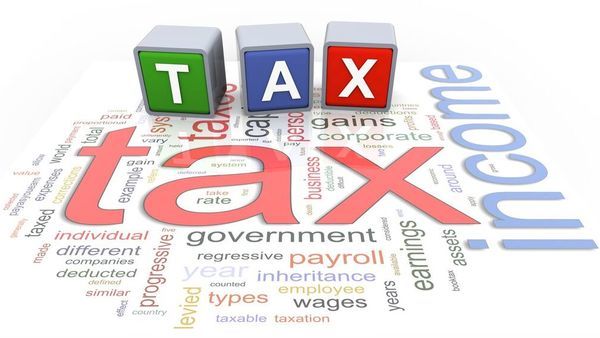
The credit union tax exemption will cost the federal government $14.4 billion between 2016 and 2020, an influential congressional committee says in a new report.
The estimate is contained in an annual report on tax expenditures published this week by the congressional Joint Committee on Taxation. The committee’s tax estimates are likely to be the starting point for any calculations in comprehensive tax reform.
Congressional Republicans have said that they want to tackle comprehensive tax reform during the current Congress—a commitment that was repeated by Senate Finance Chairman Orrin Hatch (R-Utah) in a speech Wednesday at the U.S. Chamber of Commerce.
For many years, banking trade groups have targeted the credit union tax exemption, alleging that it gives credit unions an unfair advantage over banks.
A year ago, the joint taxation committee estimated the cost of the credit union to be $12.7 billion between 2015 and 2019.
The estimates do not include any overall impact the credit union tax exemption will have on the economy.
The joint committee defines tax expenditures as “revenue losses attributable to provisions of the Federal tax laws which allow a special exclusion, exemption, or deduction from gross income or which provide a special credit, a preferential rate of tax, or a deferral of tax liability.”
The report includes both tax exemptions benefitting individuals and corporations. Some are larger than the credit union exemption, while others are larger.
For instance, the deduction for mortgage interest on owner-occupied property will cost the federal government $357 billion between 2016 and 2020, the committee said.
NAFCU recently reported that research it funded estimated that removing the tax exemption would cost the federal government some $38 billion in lost revenue. NAFCU also estimated that GDP would be reduced by $142 billion and 883,000 lost during the next 10 years.
In a 2016 letter to House Ways and Means Chairman Kevin Brady (R-Texas), the American Bankers Association cited Treasury Department figures showing that the credit union tax exemption will cost $27 billion over 10 years.
In the text of his Chamber of Commerce speech on Wednesday, Hatch made it clear that the Senate is likely to move slower on tax reform than the House, even if the Senate uses the budget reconciliation process, which prohibits a Senate filibuster.
“Keep in mind that we now have 52 Republican votes in the Senate,” he said. “So, even if we move a tax reform package through budget reconciliation – a process that appears ever more likely – our margin of error, assuming we move on purely party-line basis, is only two votes.”


